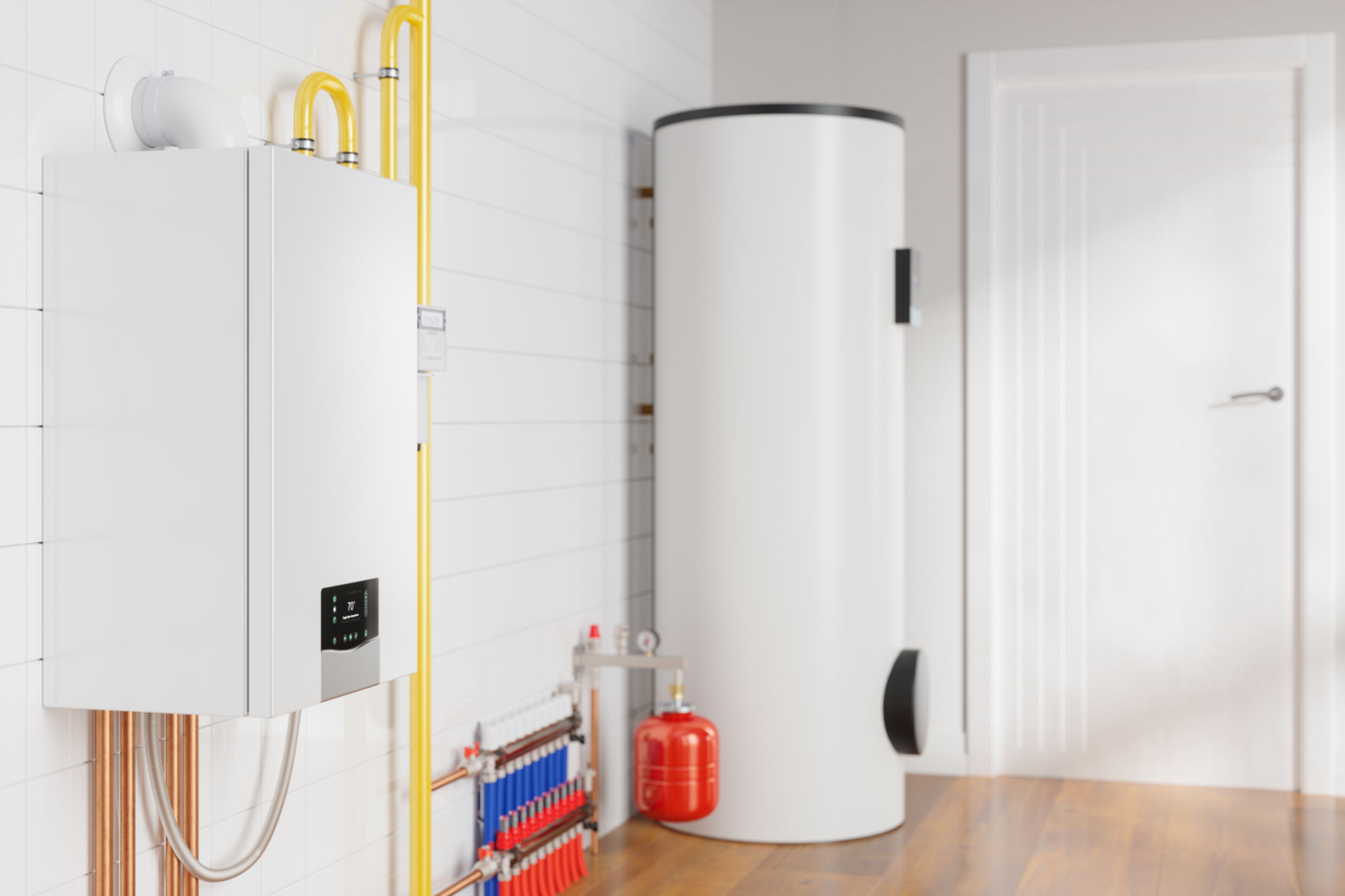Preventing Burst Pipes: A Homeowner's Guide to Winter Plumbing Maintenance
Understanding the Risks of Burst Pipes
Winter can be a challenging time for homeowners, especially when it comes to plumbing. Freezing temperatures increase the risk of burst pipes, which can cause serious water damage and costly repairs. Understanding the mechanisms behind pipe bursts is the first step in prevention. When water freezes, it expands, exerting pressure on pipes. If the pressure gets too high, the pipe can crack or burst, leading to leaks and flooding.

Inspect and Insulate Your Pipes
One of the most effective ways to prevent burst pipes is through proper insulation. Start by inspecting your home's plumbing system for any exposed pipes, particularly in unheated areas like basements, attics, and garages. Use foam pipe insulation to cover these vulnerable sections, which helps to maintain a consistent temperature and reduce the risk of freezing.
Additionally, seal any gaps or cracks in walls and floors near pipes with caulk or spray foam. This will help prevent cold air from reaching the pipes and further decrease the risk of freezing.
Maintain a Consistent Temperature
Maintaining a consistent indoor temperature during the winter months is crucial for preventing frozen pipes. Keep your thermostat set to at least 55°F (13°C) even when you're away from home. This ensures that your home remains warm enough to prevent pipes from freezing. Additionally, open cabinet doors under sinks to allow warm air to circulate around plumbing fixtures.

Let Faucets Drip
A simple yet effective strategy to prevent burst pipes is to let faucets drip during extremely cold weather. Allowing a slow trickle of water to flow through faucets relieves pressure in the pipes and reduces the likelihood of freezing. Focus on faucets connected to pipes located along exterior walls or in unheated spaces.
Be Prepared with Emergency Supplies
No matter how well you prepare, emergencies can still happen. Having an emergency kit on hand can minimize damage and make recovery easier if a pipe does burst. Stock your kit with essentials like a water shut-off tool, buckets, towels, and a list of emergency plumber contacts.

Know How to Shut Off Your Water Supply
In the event of a burst pipe, knowing how to quickly shut off your home's main water supply can prevent extensive damage. Locate your home's main water valve and ensure it's functioning properly. Make sure every member of your household knows how to operate it in case of an emergency.
Regular Maintenance Checks
Regular maintenance checks are key to preventing plumbing issues before they start. Schedule annual inspections with a professional plumber to assess your system's condition and address any potential problems. A plumber can provide expert advice on improving your home's plumbing efficiency and security during winter.
By implementing these preventive measures, you can protect your home from the costly and disruptive consequences of burst pipes this winter.
